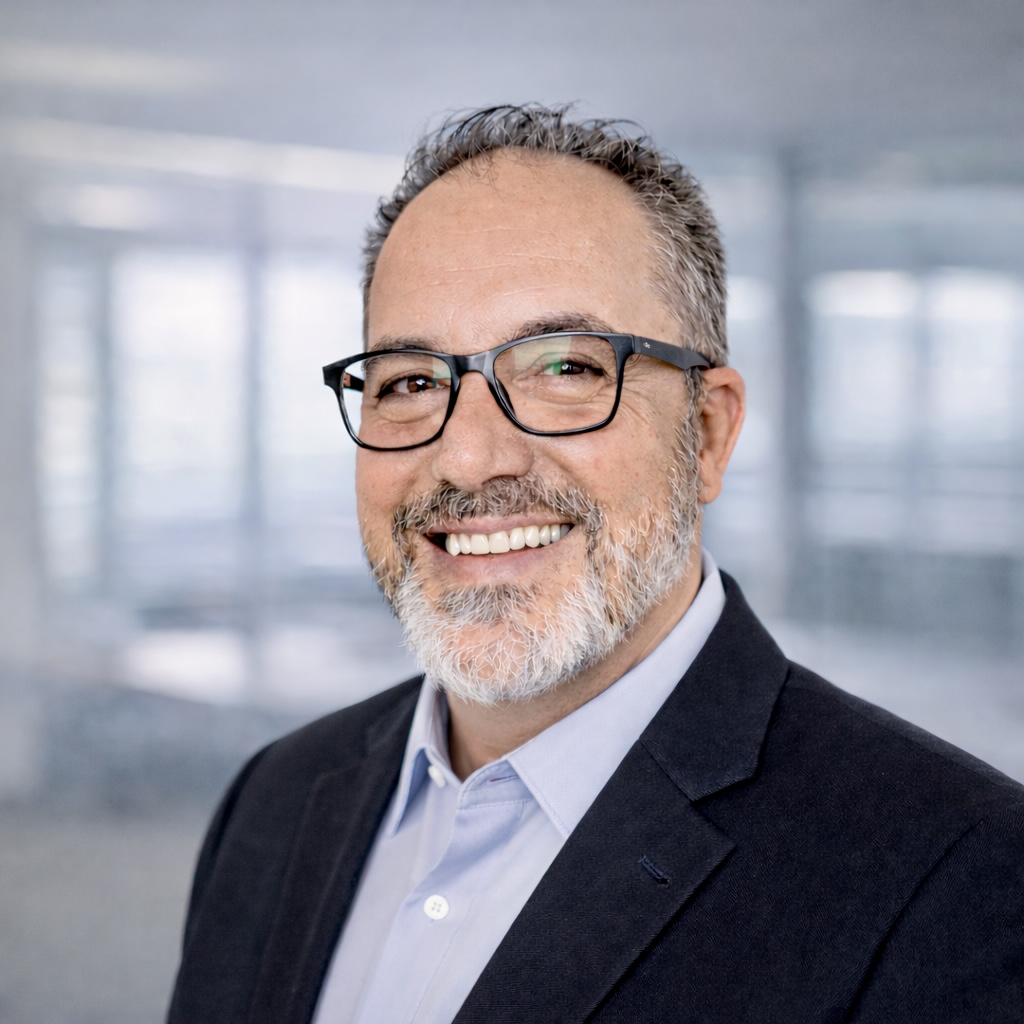The Soul of Business: Why Purpose-Led Capitalism Is Not an Oxymoron

Capitalism is often criticized for its short-term mindset. Is it possible for business to still be a force for good?
In this Bliss Business Podcast conversation, we sat down with John Hewitt, CEO of Loyalty Brands and founder of two of the largest tax service companies in the U.S., Jackson Hewitt and Liberty Tax, to discuss how profit and purpose can not only coexist, but actively reinforce one another. With decades of experience scaling multi-million-dollar enterprises, John brings a candid, mission-rooted perspective on what it means to lead with conscience in a profit-driven world.
What emerged was a blueprint for building businesses that serve people first without sacrificing performance.
Vision Beyond the Bottom Line
For John, conscious capitalism is not theory. It is practice. From the earliest days of building Liberty Tax, his goal was not simply to increase margins but to build a platform where others could rise. Franchisees, customers, team members, and underserved communities were all part of the equation. He shared that true wealth comes from elevating others and measuring success by how many people you’ve helped create their own.
This long-view orientation shifts decision-making. It leads to investment in training over short-term savings, trust-building over rapid expansion, and impact over ego. Business becomes less about transactions and more about transformation.
Investing in People as Your Legacy
John’s model of capitalism isn’t about extracting value but generating it. He emphasizes that employees and franchisees are not tools of growth. They are the growth. His companies focus on identifying passionate leaders and giving them a path to ownership, not just employment. This philosophy has created generational impact for families who once had limited access to entrepreneurship.
During the episode, he reflected on the joy of seeing people who joined his companies as hourly workers become multi-unit franchise owners. That kind of ripple effect is only possible when leadership commits to seeing people not as roles, but as futures.
The Courage to Be Values-Driven in a Profit-First World
One of the more revealing parts of the conversation was John’s candor about how hard it is to lead with values when the business world constantly pushes for speed, scale, and short-term wins. Conscious capitalism demands courage. It requires saying no to fast money when it misaligns with mission, and it demands daily recommitment to integrity over image.
John doesn’t shy away from profit. He embraces it. But he frames profit as the fuel, not the destination. This mindset opens up a different kind of leadership, one that sees brand value as tied to human value and sees growth as most meaningful when it lifts others along the way.
Where We Choose to Invest Tells the Real Story
We often say we value people, but how we build our companies tells the truth. Are we designing systems that allow others to grow, or are we building structures that depend on extraction and burnout? What John reminded us is that conscious capitalism is not about being soft. It is about being clear. Clear about the kind of legacy we want to leave. Clear about how we measure value. And clear about the kind of world we want to shape with the businesses we build.
There is strength in service, and there is strategy in purpose. When we align both, capitalism becomes not just a financial engine but a human one.
Key Takeaways
-
Conscious capitalism is built on shared success, not one-sided gain
-
Profit is fuel for purpose, not the destination
-
People are the most valuable assets, not overhead
-
Generational impact begins with everyday investment in others
-
Integrity-led leadership requires courage in a shortcut-driven culture
Final Thoughts
John Hewitt proves that capitalism with a conscience is not just possible. It is more sustainable, more fulfilling, and more human. By anchoring strategy in purpose and seeing people as the mission, leaders can unlock a kind of growth that scales far beyond the balance sheet.
Check out our full conversation with John Hewitt on The Bliss Business Podcast.



